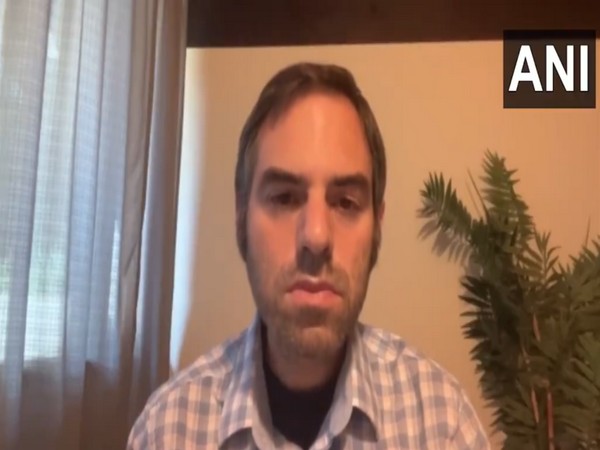Bangladesh's Political Unrest and the Rising Influence of the Military
Amid political turmoil in Bangladesh, the prolonged tenure of the interim government could lead to increased military influence in politics, according to Michael Kugelman. The uncertainty surrounding future elections raises potential for the Awami League's resurgence, while Nobel laureate Muhammad Yunus currently leads the interim administration.

- Country:
- United States
Michael Kugelman, Director of the South Asia Institute at The Wilson Center, stated on Saturday that the extended rule of Bangladesh's interim government may elevate the military's role in the nation's politics.
His comments come during ongoing political unrest following the ousting of former Prime Minister Sheikh Hasina. The timing of general elections remains uncertain as the Awami League, Hasina's party, is sidelined from the interim government. Kugelman suggested that persistent unrest might eventually favor the Awami League in future elections.
In an interview with ANI, Kugelman said, "If the economy doesn't improve and unrest continues, the Awami League could be favored in elections. The longer the interim government stays, the higher the chance of the army taking a more definitive political role. Since Sheikh Hasina came into power in 2009, the military has stayed out of politics, but the current vacuum and uncertainties could change that." He emphasized not to overlook the potential political role of the military.
Regarding Sheikh Hasina's political future, Kugelman expressed doubts but didn't rule out a return. "Her son, her chief spokesperson, has given mixed messages—first saying she's finished, then suggesting she might return once elections are declared. Several Awami League ministers have been arrested, and some leaders are reportedly in hiding, fearing for their lives. The Awami League is not involved in the interim government, making its future uncertain. However, comebacks from dynastic leaders can't be ruled out," Kugelman explained.
Following her resignation amid escalating protests, Hasina left Bangladesh on August 5. The protests, driven by students, evolved into broader demonstrations, leading to Nobel laureate Muhammad Yunus being sworn in as head of the interim government on August 8.
Kugelman described the shift as "remarkable and extraordinary," noting Yunus's significant support internationally and domestically. "It's stunning how quickly the situation has changed. Muhammad Yunus, an internationally respected figure with substantial support among young Bangladeshis, has taken over."
Discussing Bangladesh's political future, Kugelman highlighted the uncertainties, particularly the election timing. "It's hard to predict what's coming next due to various uncertainties. Although elections should occur within three months per the constitution, the circumstances are extraordinary. Dr. Yunus and the interim government may prioritize restoring order and reforming institutions over immediate elections. The sooner elections happen, the better for the Bangladesh National Party (BNP)," he added.
Seventeen members of Bangladesh's interim government were sworn in this week, with Muhammad Yunus as the chief advisor. The ceremony followed the dissolution of parliament, paving the way for the interim administration after Hasina's resignation.
(With inputs from agencies.)










